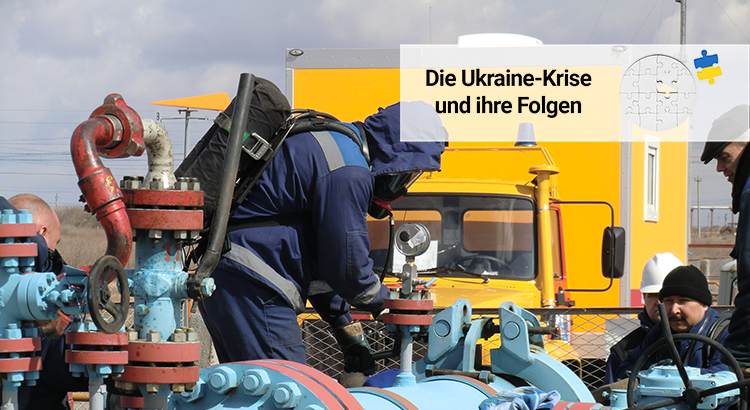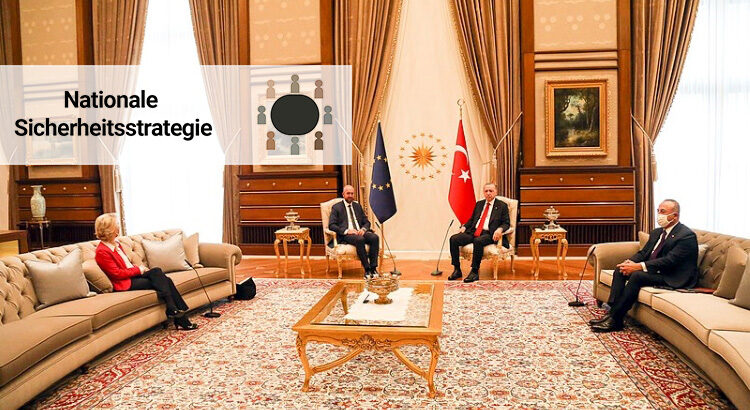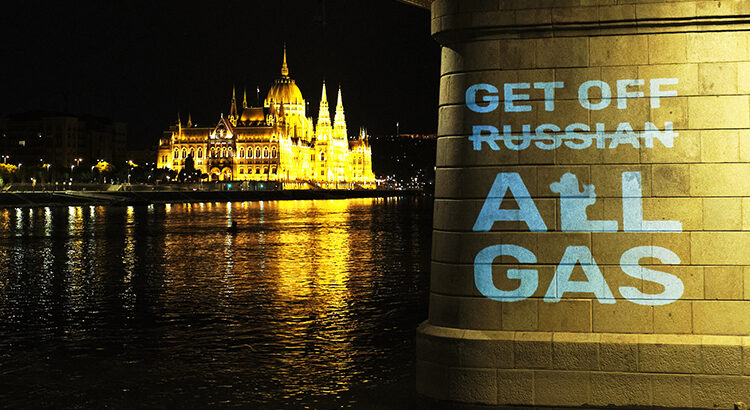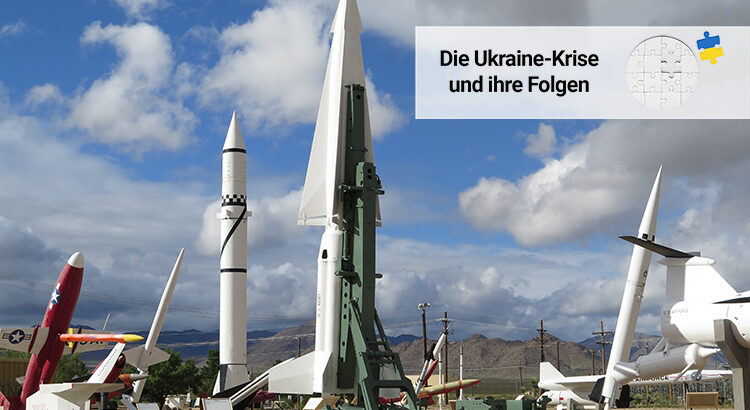In early September, Russia announced an indefinite stoppage of gas deliveries to Germany via the Nord Stream 1 pipeline system, causing economic turmoil. Research findings on patterns in German and Russian policy and ongoing trends shed light on these events and their probable future impact. Despite denials from Moscow, this is a Russian attempt to influence German policy on sanctions and Ukraine. This attempt is unlikely to succeed for now. However, future developments – notably major shifts on the Ukrainian battlefield, changes in German public sentiments, and specific dynamics within the Kremlin – could cause German policy to become more susceptible to Russia’s demands.
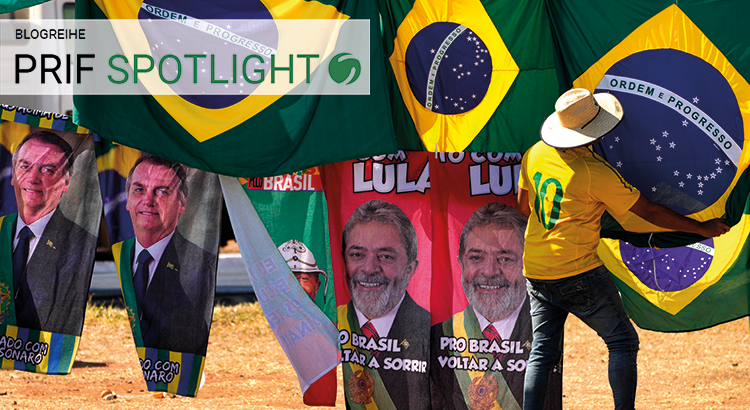
Democracy on the Razor’s Edge: The 2022 Presidential Elections in Brazil
Brazil’s presidential elections are scheduled to take place on October 2, 2022. The confrontation between the extreme-right incumbent president Bolsonaro and the center-left former president Lula Da Silva provides a rare setting. The election places Brazil at a crossroads and will set the stage for either a comprehensive commitment to democracy under Lula or a continuation along the path to authoritarianism under Bolsonaro. Recent polls suggest that the most likely scenario is a win for Lula. Nevertheless, Brazil’s democratic institutions are continuously under attack. Currently, the possibility of the elections being preemptively cancelled or the final results being contested cannot be fully dismissed.
Zeitenwende: Die nationale Sicherheitsstrategie und die multilaterale Einbettung deutscher Sicherheitspolitik
73 Jahre nach der Gründung ihrer zwei Teilstaaten gibt sich Deutschland erstmals eine nationale Sicherheitsstrategie. Was dies bedeutet und wie weit die Bundesrepublik den Weg gehen wird, den der Titel andeutet, ist dabei alles andere als klar. Unklar ist insbesondere, inwieweit eine nationale Perspektive die bisherige sicherheitspolitische ‚Philosophie‘ der Einbettung in immer engere multilaterale Strukturen von EU und NATO verändert. Trotz aller Kontinuität, so die These dieses Beitrages, wird die Sicherheitsstrategie das spannungsreiche Verhältnis zwischen nationaler Verantwortung und multilateraler Einbettung weiter verschieben. Statt multilaterale Institutionen als Akteur zu begreifen, treten die Staaten, die innerhalb der Institutionen handeln, ins Rampenlicht der deutschen Wahrnehmung.
„Wutwinter“, heißer Herbst und Klimakrise: Ohne sozial-ökologische Vision erstarkt die extreme Rechte
Die Energiekrise stellt die Gesellschaft vor große soziale und politische Herausforderungen. Intensiv wird über den kommenden „Wutwinter“ und heißen Herbst diskutiert, während erste Proteste bereits stattfinden. Protest ist nichts Negatives und gehört zur demokratischen Willensbildung. Es gilt aber das Protestgeschehen auf den demokratischen Gehalt zu befragen und Initiativen von Links und Rechts nicht über einen Kamm zu scheren. Erneut droht, wie schon bei Pegida und den Corona-Protesten, die extreme Rechte von der gesellschaftlichen Stimmung zu profitieren. Um hier entgegenzuhalten, könnte es helfen, die Diskussionen um die Energiekrise von dem Fokus auf Russland zu lösen und umfassender im Kontext der Klimakrise zu verhandeln.
The Reconstitution of Liberal Hegemony in Comparative Regime Research: V-Dem’s Discursive Turn from the Contestation to the Decontestation of Democracy
Within just a few years, the Varieties of Democracy (V-Dem) project has experienced a remarkable rise to both academic and political prominence. As I show in a paper that was just published open access with Contemporary Politics, this rise has been accompanied by a notable discursive shift: Having started as a project aimed at taking seriously the essential conceptual contestability of democracy, in recent years V-Dem has adopted an increasingly narrow and taken-for-granted focus on liberal democracy. This turn from the contestation to the decontestation of democracy, which responds to the perception of serious threats to democracy in general and liberal norms in particular, is not only remarkable in and of itself. In the face of the current crisis of democracy, it is also deeply problematic as it contributes to downplaying the inherent limitations of liberal democracy. The following contribution presents and summarizes the main arguments from the paper.
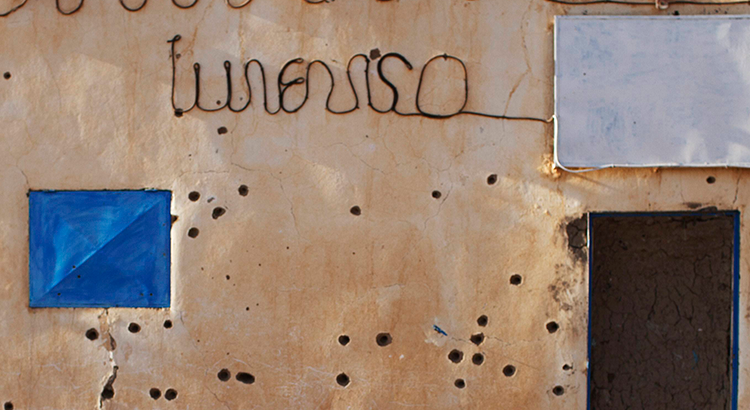
Cohérence politique pour la paix dans l’engagement allemand au Mali et au Niger ? Cinq recommandations d’action pour le gouvernement allemand
Les Lignes directrices du gouvernement allemand « Prévenir les crises, gérer les conflits, promouvoir la paix », adoptées en 2017, doivent servir de boussole stratégique pour l’engagement de l’Allemagne dans les contextes de crise et de conflit, comme au Sahel. Sur place, l’Allemagne soutient des mesures de stabilisation et de consolidation de la paix avec plusieurs ministères et en collaboration avec des partenaires internationaux. L’échec généralisé des efforts internationaux précédents pour promouvoir la paix dans la région appelle à un examen critique et à une réorientation de cet engagement. Notre étude, commandée par le Conseil consultatif allemand pour la prévention des conflits et la consolidation de la paix, utilise les exemples du Mali et du Niger pour montrer que l’engagement de l’Allemagne dans ces deux pays n’a jusqu’à présent pas réussi à mettre en œuvre de manière adéquate les principes formulés dans les Lignes directrices.
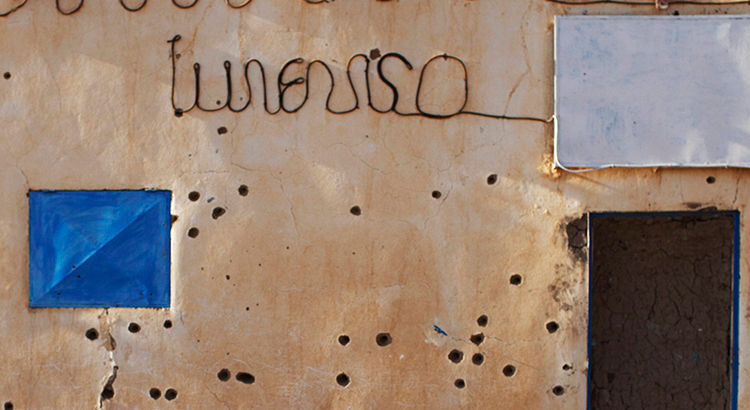
Policy Coherence for Peace in Germany’s Engagement in Mali and Niger? Five Recommendations for Action for the German Government
The German government’s Guidelines “Preventing Crises, Managing Conflicts, Promoting Peace”, adopted in 2017, are intended to serve as a strategic compass for Germany’s engagement in crisis and conflict contexts, such as the Sahel. There, Germany is supporting stabilization and peacebuilding measures through several ministries and in conjunction with international partners. In light of the widespread failure of previous international efforts to promote peace in the region, a critical review and reorientation of this engagement is required. Our study, commissioned by the Advisory Board to the Federal Government for Civilian Crisis Prevention and Peacebuilding, uses the examples of Mali and Niger to show that Germany’s engagement in both countries has so far failed to adequately implement the principles formulated in the Guidelines.
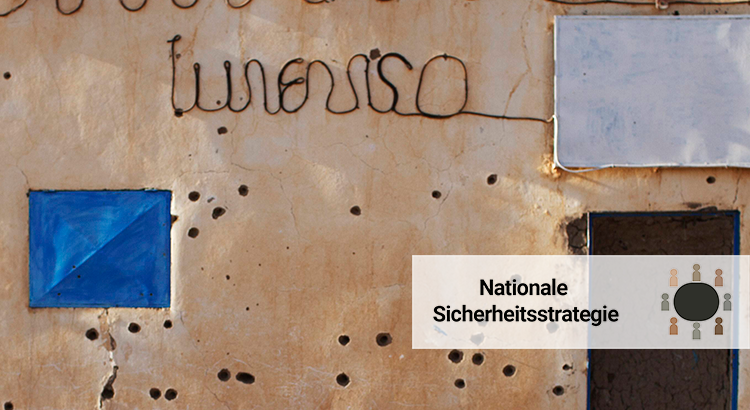
Friedenspolitische Kohärenz im deutschen Engagement in Mali und Niger? Fünf Handlungsempfehlungen für die Bundesregierung
Die 2017 verabschiedeten Leitlinien der Bundesregierung „Krisen verhindern, Konflikte bewältigen, Frieden fördern“ sollen als strategischer Kompass für Deutschlands Engagement in Krisen- und Konfliktkontexten, wie etwa im Sahel, dienen. Dort unterstützt Deutschland mit mehreren Ressorts und gemeinsam mit internationalen Partnern Maßnahmen zur Stabilisierung und Friedensförderung. Das weitestgehende Scheitern bisheriger internationaler Bemühungen für mehr Frieden in der Region verlangt eine kritische Überprüfung und Neuausrichtung dieses Engagements. Unsere Studie im Auftrag des Beirats der Bundesregierung Zivile Krisenprävention und Friedensförderung zeigt am Beispiel von Mali und Niger, dass Deutschlands Engagement in beiden Ländern die in den Leitlinien formulierten Prinzipien bisher nur unzureichend umsetzt.
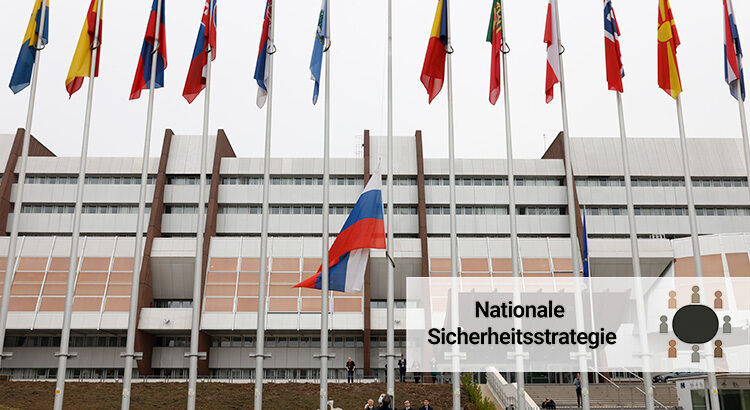
Kontrollierte Ent- und Verflechtung als Aufgabe der Nationalen Sicherheitsstrategie
In „Die große Illusion“ entwickelt der Publizist Norman Angell 1909 das Argument, dass Kriege sich für Staaten nicht mehr lohnen, weil sie durch den Handel miteinander ihren Wohlstand weit mehr vergrößern könnten, als durch militärische Eroberungen. Angell fasst damit das zentrale friedenspolitische Argument für Interdependenz zusammen: Die Förderung wechselseitiger Abhängigkeiten zwischen Staaten und ihren Gesellschaften […]
A Stress Test of Nuclear Deterrence
This month, the Tenth Review Conference of the Non-Proliferation Treaty (NPT) is taking place in New York City. The meeting of states parties, postponed four times because of the Covid pandemic, had originally been scheduled for April 2020. With Russia’s war of aggression against Ukraine, the geopolitical context has since deteriorated to the point where progress on nuclear disarmament and nonproliferation seems almost impossible. The war and Russia’s nuclear threats are fostering a renaissance of nuclear deterrence and rearmament and are threatening to deepen pre-existing fissures in the NPT. To counter the looming erosion of this cornerstone of global arms control, we need to acknowledge the darker side of nuclear deterrence that the Ukraine war is exposing. Understanding the current crisis as a crisis of nuclear deterrence can open up opportunities for de-escalation, disarmament and arms control – similar to the transformative effects of the Cuban Missile Crisis during the Cold War.
